Fresh useful insights for people advancing quality, innovative and sustainable journalism
OFF THE TOP
You might have heard: About half of Americans said they didn’t trust newspapers, cable or online news to accurately report on COVID-19, according to an Axios/Ipsos poll (Axios)
But did you know: Black, Hispanic and white adults feel the news media misunderstand them, but for very different reasons (Pew Research Center)
About 60% of Americans said news organizations don’t understand people like them, according to a Pew survey conducted before the current racial justice protests. Black adults were most likely to believe the media misunderstands their personal characteristics, while Hispanic Americans were most likely to think news organizations don’t understand their interests. Meanwhile, white adults believe news organizations fail to grasp their political views.
+ Noted: Washington Post editor Marty Baron killed a Bob Woodward story that would have unmasked Brett Kavanaugh as an anonymous source for one of his books (New York Times); L.A. Times to settle suit over discriminatory pay practices (NPR); BuzzFeed News fires senior reporter for plagiarism (The Wrap); Curbed will stop publishing Curbed LA (Curbed); Oklahoma reporter who covered Trump’s Tulsa rally last week tested positive for COVID-19 (Associated Press)
API UPDATE
The primaries so far: Are states ready for November?
We spoke with elections expert Nate Persily about states’ preparedness for the November election and which issues journalists should be covering, including poll worker shortages and changing rules around absentee balloting. “We desperately need more accurate reporting about the mechanics of the election,” Persily said.
TRY THIS AT HOME
News networks to team up on convention coverage to limit staff exposure (The Wall Street Journal)
CNN, MSNBC and Fox News are coordinating some of their political coverage for the 2020 election in an effort to reduce the risk of journalists being infected during the coronavirus pandemic. The networks will share a video feed for the Democratic convention in Milwaukee, Wis. and Republican convention events in Jacksonville, Fla. and Charlotte, N.C. The networks are exploring how to produce their coverage remotely while making contingency plans for the possibility that mail-in ballots could delay election results.
OFFSHORE
Afghan government backtracks over rule forcing media to reveal sources (The Guardian)
After an outcry over amendments to change Afghanistan’s media laws, the government revoked a rule that would have required journalists to reveal their sources without a court order. During the coming weeks, journalists and the government will further discuss the country’s media freedoms, which were expanded after the Taliban’s fall in 2001. Journalists in Afghanistan continue to face the threat of militant attacks, but no journalists have been jailed in about 20 years.
OFFBEAT
Lawmakers unveil proposal to make social media moderation more transparent (The Washington Post)
Under Section 230 of the Communications Decency Act, social networks are protected from being sued for content on their platforms. A bill filed last week, the PACT Act, would require companies to remove illegal user content within 24 hours of a court order. The legislation would also give social media platforms 14 days to notify users about moderation decisions and provide information on how to appeal things like post removals and bans.
+ Facebook announced new policies to remove content that incites violence or suppresses voting after Unilever joined growing ad boycott (Wall Street Journal)
UP FOR DEBATE
Overcoming systemic racism begins in our own newsrooms (Poynter)
In a piece that explores the tensions between her white and Latinx identities, Amanda Zamora, publisher and co-founder of The 19th, writes that newsrooms should examine how they allow white privilege to minimize the voices of journalists of color. One area to consider is the opaque system of “secret handshakes” needed to negotiate for a salary, which Zamora argues benefits white journalists over their colleagues of color. For this reason, The 19th plans to make public its starting salaries for open positions.
+ Related: Being the only Black woman journalist in the room is “a privilege and a prison” (The Philadelphia Inquirer); In 20 years I’m going to run your newsroom. Here’s how to help me get there. (Poynter)
SHAREABLE
How PBS Utah is helping local book clubs confront challenging issues (Current)
Two years ago, PBS Utah launched Book Club in a Box, a project that aims to foster conversations about difficult topics by providing book club members with themed public media documentaries and books. The program, which delves into issues like racism, gender identity and religion, is an alternative to a public film screening with a speaker or panel where attendees may be less likely to participate in the discussion. Laura Durham, community engagement manager for PBS Utah, writes that the material “inspires the best in humanity; it shows us a world larger than ourselves, invites us in and shows us how to bridge divides and practice empathy.”
The post Need to Know: June 29, 2020 appeared first on American Press Institute.
from American Press Institute https://ift.tt/2BaYMPf






 We're playing F1 2019 today.
We're playing F1 2019 today.
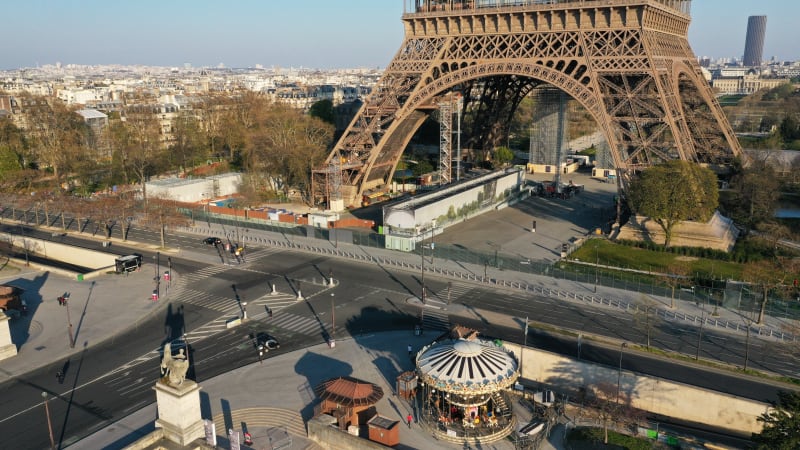
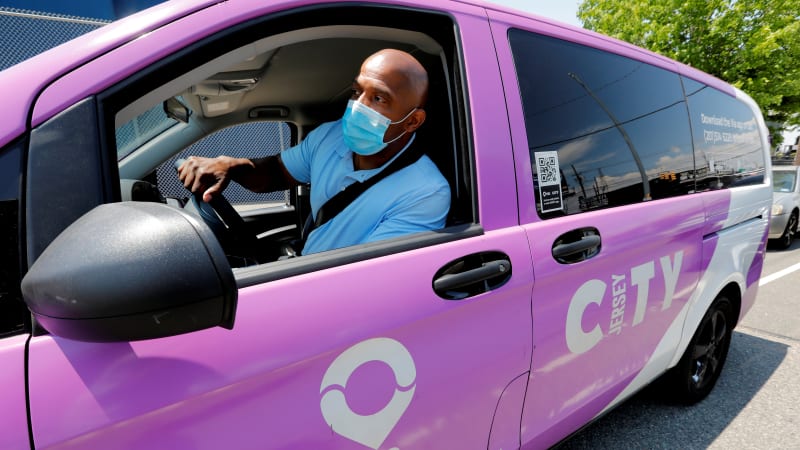 Urban transportation's transformation has shifted up a gear as the coronavirus crisis turns travel habits on their head, with Uber making allies of public transit systems by now offering to sell them its software expertise. This means Marin County's Transportation Authority will next month allow passengers in the San Francisco Bay area to book a trip through the Uber app, but rather than someone's private car they will ride wheelchair-accessible public vans. From the streets of Utah's Salt Lak
Urban transportation's transformation has shifted up a gear as the coronavirus crisis turns travel habits on their head, with Uber making allies of public transit systems by now offering to sell them its software expertise. This means Marin County's Transportation Authority will next month allow passengers in the San Francisco Bay area to book a trip through the Uber app, but rather than someone's private car they will ride wheelchair-accessible public vans. From the streets of Utah's Salt Lak

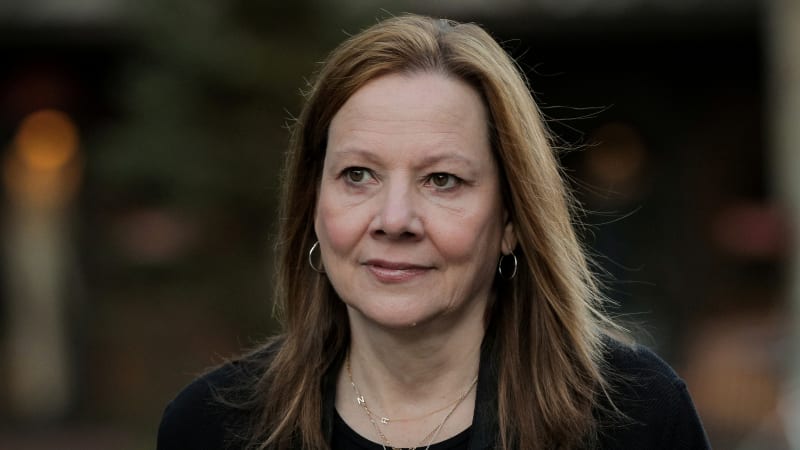 Three federal appeals judges have delayed a court-ordered meeting between the CEOs of General Motors and Fiat Chrysler to try to settle a lawsuit over corruption by union leaders. U.S. District Court Judge Paul Borman last week ordered GM CEO Mary Barra and FCA CEO Mike Manley to hold the meeting before July 1.
Three federal appeals judges have delayed a court-ordered meeting between the CEOs of General Motors and Fiat Chrysler to try to settle a lawsuit over corruption by union leaders. U.S. District Court Judge Paul Borman last week ordered GM CEO Mary Barra and FCA CEO Mike Manley to hold the meeting before July 1.



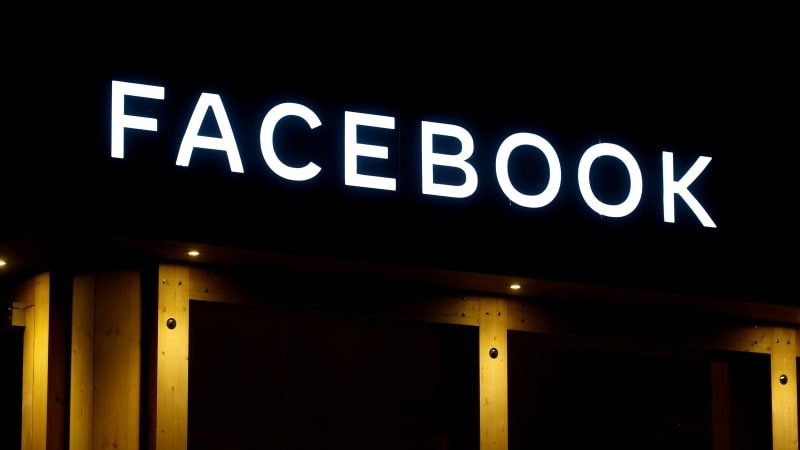 For years, social media platforms have fueled political polarization and hosted an explosion of hate speech. What's not yet clear is whether this action is too little, too late — nor whether the pressure on these companies, including a growing advertiser boycott, will be enough to produce lasting change. Reddit, an online comment forum that is one of the world's most popular websites, on Monday banned a forum that supported President-Donald Trump as part of a crackdown on hate speech.
For years, social media platforms have fueled political polarization and hosted an explosion of hate speech. What's not yet clear is whether this action is too little, too late — nor whether the pressure on these companies, including a growing advertiser boycott, will be enough to produce lasting change. Reddit, an online comment forum that is one of the world's most popular websites, on Monday banned a forum that supported President-Donald Trump as part of a crackdown on hate speech.


 McLaren's Formula One future was never in doubt despite a cash crisis brought on by the COVID-19 pandemic and now resolved by a fresh injection of funds, team principal Andreas Seidl said on Tuesday. The National Bank of Bahrain announced on Monday a 150 million pound ($184.26 million) financing facility for the McLaren Group, which includes the team and supercar manufacturer. Bahrain's sovereign wealth fund Mumtalakat Holding Co is McLaren's majority shareholder.
McLaren's Formula One future was never in doubt despite a cash crisis brought on by the COVID-19 pandemic and now resolved by a fresh injection of funds, team principal Andreas Seidl said on Tuesday. The National Bank of Bahrain announced on Monday a 150 million pound ($184.26 million) financing facility for the McLaren Group, which includes the team and supercar manufacturer. Bahrain's sovereign wealth fund Mumtalakat Holding Co is McLaren's majority shareholder.

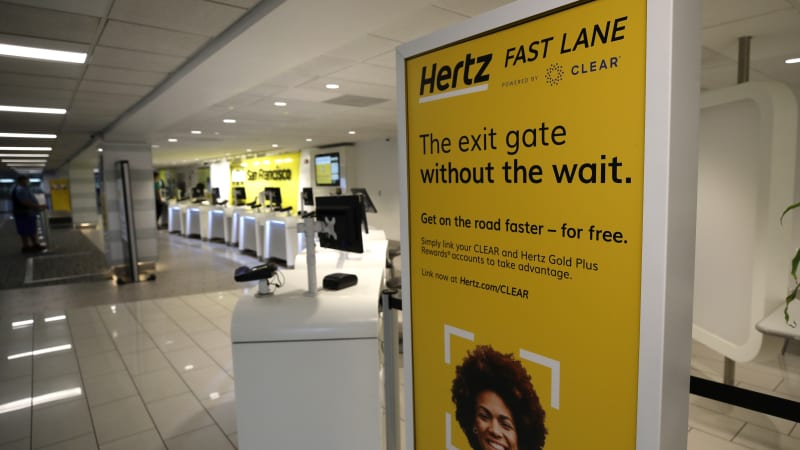 Weak fleet orders are expected to hurt June sales, which automakers will report on Wednesday. Cox Automotive forecasts fleet sales will fall nearly 56% to 1.3 million vehicles after plunging 83% in May and 77% in April. In the short term, fleet sales are not a major concern for automakers focused on ramping up production to beef up anemic dealer inventories for higher-profit sales to consumers.
Weak fleet orders are expected to hurt June sales, which automakers will report on Wednesday. Cox Automotive forecasts fleet sales will fall nearly 56% to 1.3 million vehicles after plunging 83% in May and 77% in April. In the short term, fleet sales are not a major concern for automakers focused on ramping up production to beef up anemic dealer inventories for higher-profit sales to consumers.
 U.S. automakers are scheduled to report June and second-quarter car and light truck sales on Wednesday. The second-quarter numbers reflect a peak for the U.S. auto industry's efforts to use consumer discounts, low interest loans and other incentives to prop up demand during the pandemic. Since March, U.S. automakers have rushed to prop up demand with rich incentives to keep sales moving.
U.S. automakers are scheduled to report June and second-quarter car and light truck sales on Wednesday. The second-quarter numbers reflect a peak for the U.S. auto industry's efforts to use consumer discounts, low interest loans and other incentives to prop up demand during the pandemic. Since March, U.S. automakers have rushed to prop up demand with rich incentives to keep sales moving.











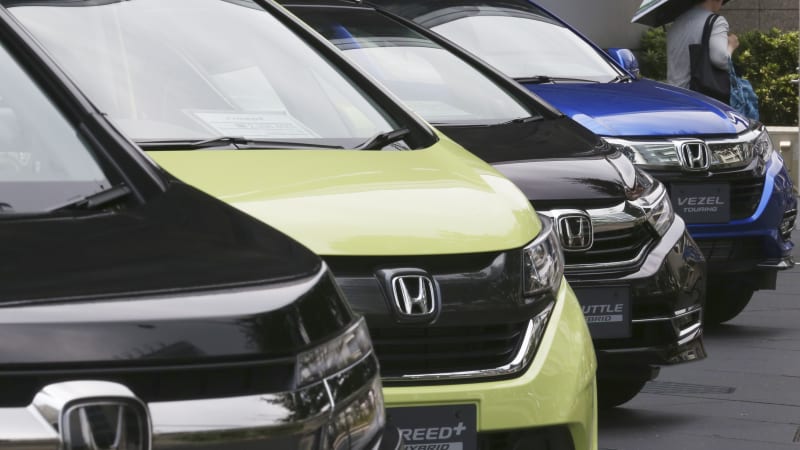 Japanese automakers' global sales declined 38% in May, in the third straight month of big falls as most automotive factories and dealerships remained closed due to coronavirus lockdowns. The country's seven major automakers sold a total of 1.47 million vehicles last month, down sharply from 2.38 million units a year ago, according to Reuters calculations based on sales data released by these companies. Global production at these automakers fell 62% to 918,974 units in May, compared to a produc
Japanese automakers' global sales declined 38% in May, in the third straight month of big falls as most automotive factories and dealerships remained closed due to coronavirus lockdowns. The country's seven major automakers sold a total of 1.47 million vehicles last month, down sharply from 2.38 million units a year ago, according to Reuters calculations based on sales data released by these companies. Global production at these automakers fell 62% to 918,974 units in May, compared to a produc



 Formula One starts its season in Austria this week, nearly four months later than planned due to the COVID-19 pandemic and against a very different backdrop even if Lewis Hamilton's targets remain the same. The six times world champion can equal Ferrari great Michael Schumacher's record seven while his Mercedes team are bidding for an unprecedented seventh successive drivers' and constructors' title double. "We are preparing the best way we can for what is going to be the most difficult season
Formula One starts its season in Austria this week, nearly four months later than planned due to the COVID-19 pandemic and against a very different backdrop even if Lewis Hamilton's targets remain the same. The six times world champion can equal Ferrari great Michael Schumacher's record seven while his Mercedes team are bidding for an unprecedented seventh successive drivers' and constructors' title double. "We are preparing the best way we can for what is going to be the most difficult season



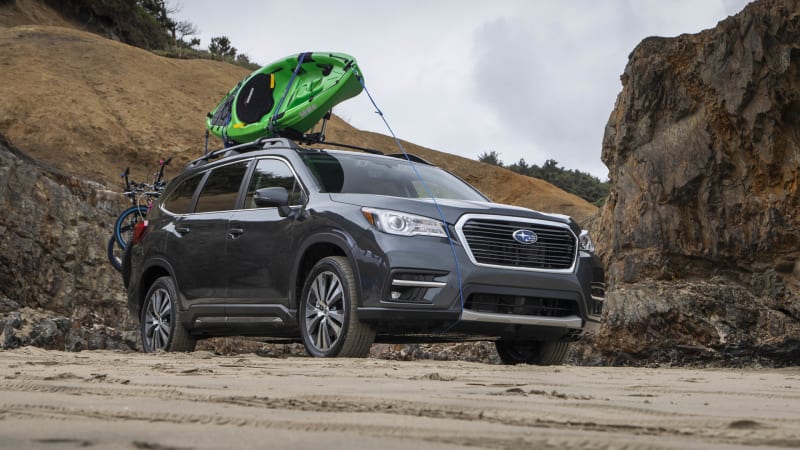

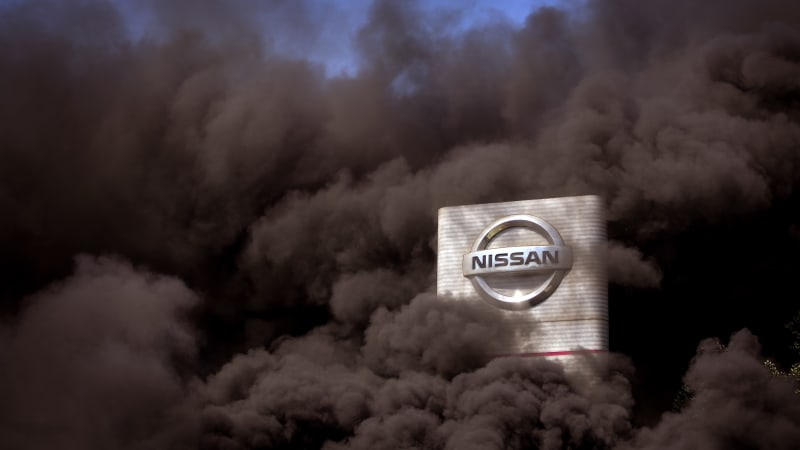 Nissan Chief Executive Makoto Uchida told shareholders Monday he is giving up half his pay after the Japanese automaker sank into the red amid plunging sales and plant closures in Spain and Indonesia. “I promise to bring Nissan back on a growth track.” Nissan, based in Yokohama, Japan, sank into its first annual loss in 11 years, reporting a 671.2 billion yen ($6.3 billion) loss for the fiscal year that ended in March.
Nissan Chief Executive Makoto Uchida told shareholders Monday he is giving up half his pay after the Japanese automaker sank into the red amid plunging sales and plant closures in Spain and Indonesia. “I promise to bring Nissan back on a growth track.” Nissan, based in Yokohama, Japan, sank into its first annual loss in 11 years, reporting a 671.2 billion yen ($6.3 billion) loss for the fiscal year that ended in March.

